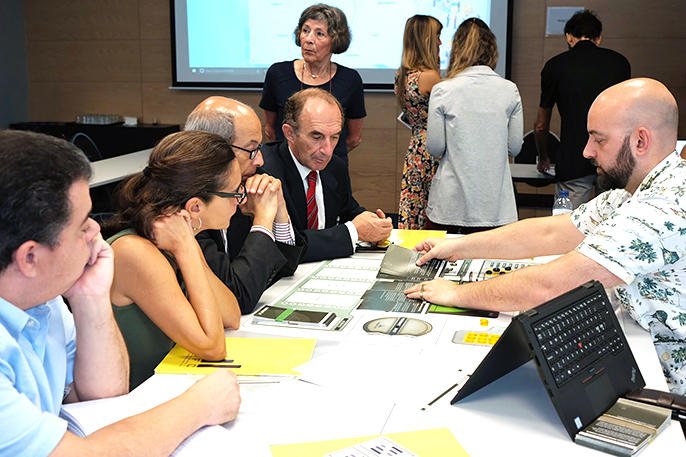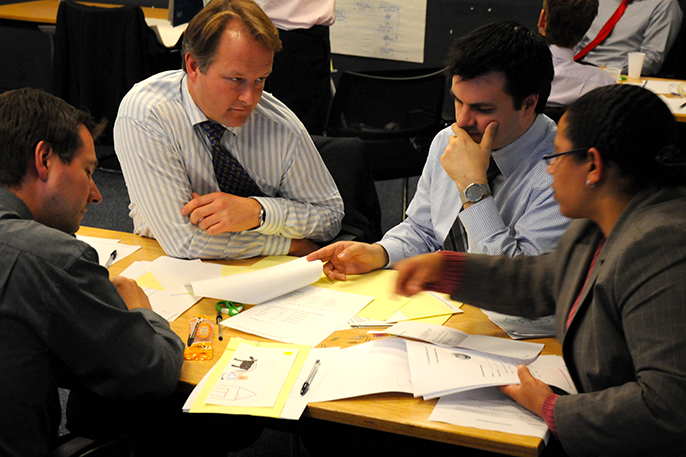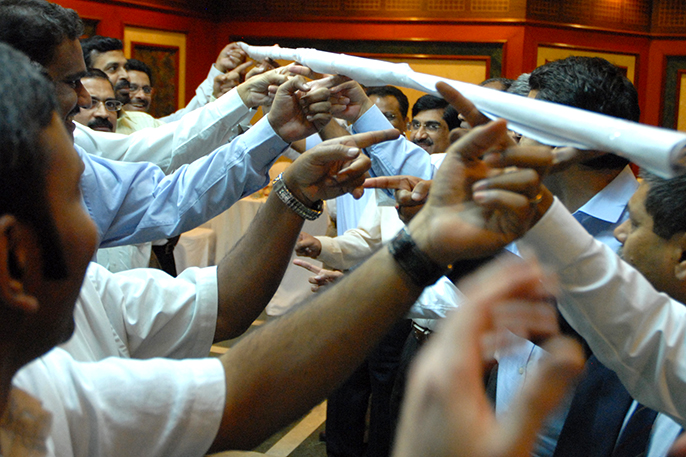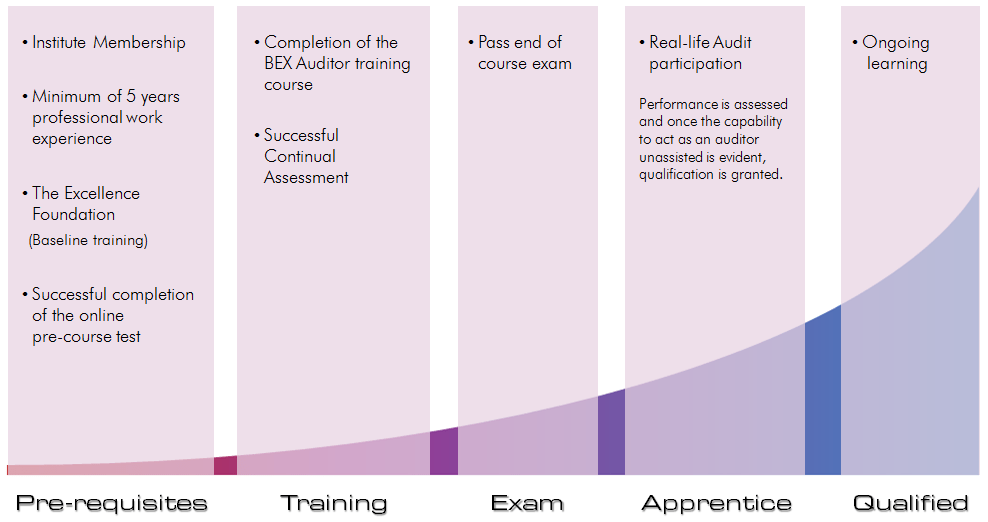Management Learning Games
Learning best practice has long since moved from lecture-style approaches* with a “sage on the stage” to active learning approaches that revolve around problem-based learning, cooperative learning, and social learning.
Games – or for those who prefer a more serious-sounding name “simulations” – are complex problem-solving spaces that offer the opportunity for context-based learning which harnesses the power of active, experiential, problem-based, cooperative, and social learning, replacing a learning process of conscious effort with an enjoyable, subconscious one.
They are powerful learning tools that are tested and proven ways to improve learning outcomes. They replace the “instructor” with a “facilitator” who is a “guide on the side” who is not there to teach but help smart people learn. This is a critical distinction when learners are adults and especially if they are experienced leaders or managers… rather than simply discussing topics with an instructor, learners engage in a dynamic scenario that enables them to quickly see – and feel – the consequences of their actions. This enables them to realize things as they play, facilitating both new learning and the transformation of old knowledge into new knowledge.
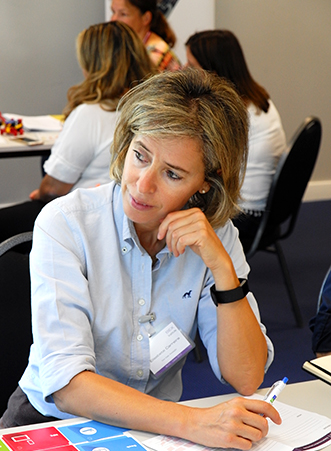
At BEX we have decades of experience using and designing learning games (we also run the International Conference on Business Learning Games). We use games in many of our classroom and workshop training courses and have designed games to help people at all stages of their careers learn a wide range of learnings, including:
- Leadership
- Strategy
- Decision Making
- Process Management
- Teamwork
- Innovation
- Resource Management
- Organizational Management
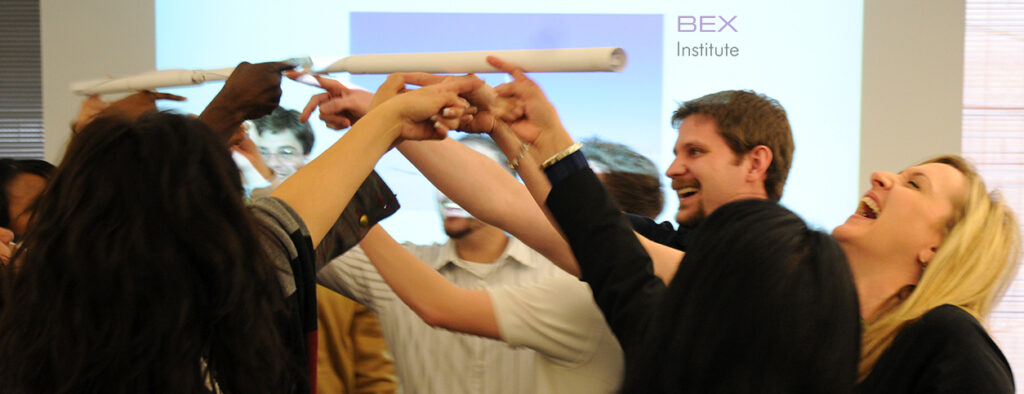
* Leadership development, for the most part, is an exercise of the abstract (with a heavy reliance on passive, instructor-centric, lecture-style approaches and static, historic case studies) and traditional leadership education has been criticized by many researchers, with Barbara Kellerman and others suggesting that most leadership training is ineffective.
